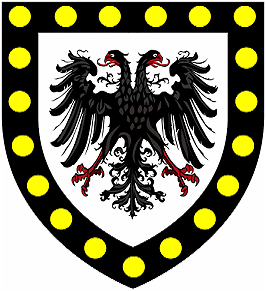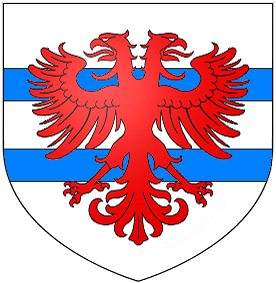Newport most commonly refers to:

John Bampfylde of Hestercombe in Somerset, was an English landowner and politician who sat in the House of Commons between 1715 and 1741.
Edward Stanley may refer to:

Sir Robert Killigrew (1580–1633) was an English courtier and politician who sat in the House of Commons at various times between 1601 and 1629. He served as Ambassador to the United Provinces.
Thomas Lewis may refer to:
Blennerhassett is an English surname.
Duckett is a surname. Notable people with the surname include:

Whitelackington is a village and civil parish on the A303 one mile north east of Ilminster, in Somerset, England. The parish includes Dillington Park and the hamlets of Atherstone and Ashwell.
Berkeley is a surname. It is also used, uncommonly, as a given name. The name is a habitation name from Berkeley, Gloucestershire, England, itself derived from Old English beorce léah meaning birch lea. People with the name include:
Sir Robert Pye (1585–1662) was an English courtier, administrator and politician who sat in the House of Commons between 1621 and 1629. He supported the Royalist cause in the English Civil War.
Sir George Horner was an English lawyer and politician who sat in the House of Commons at various times between 1645 and 1660.
John Trenchard of Warmwell, near Dorchester was an English politician who sat in the House of Commons at various times between 1621 and 1659.
Wyndham is a surname and a given name. Notable people with the name include:

George Speke (1623–1689) was an English politician. A Royalist during the English Civil War, after the Restoration of Charles II he became an early Whig supporter in Parliament.

Sir George Speke (c.1530-1584) of Whitelackington in Somerset was Sheriff of Somerset in 1562–63 and was Member of Parliament for Somerset 1572-83.

Sir John Speke (1442–1518) of Whitelackington, Somerset and of Heywood in the parish of Wembworthy and of Bramford Speke both in Devon, was Sheriff of Devon in 1517 and a Member of Parliament (1477). He was knighted in 1501. His monument is the Speke Chantry in Exeter Cathedral in which survives his recumbent effigy.
George Speke (c.1686–1753), of White Lackington and Dillington, Somerset, was a British landowner and politician who sat in the House of Commons between 1722 and 1747.
Speke is an English surname. Notable people with the surname include:
Mary Speke was an English nonconformist patron and political activist. She lived in Somerset in a non-conformist family. She was credited with changing her husband's political opinions and the Bishop of Bath and Wells reported her to the Secretary of State as "the most dangerous woman in the West".
This page is based on this
Wikipedia article Text is available under the
CC BY-SA 4.0 license; additional terms may apply.
Images, videos and audio are available under their respective licenses.


